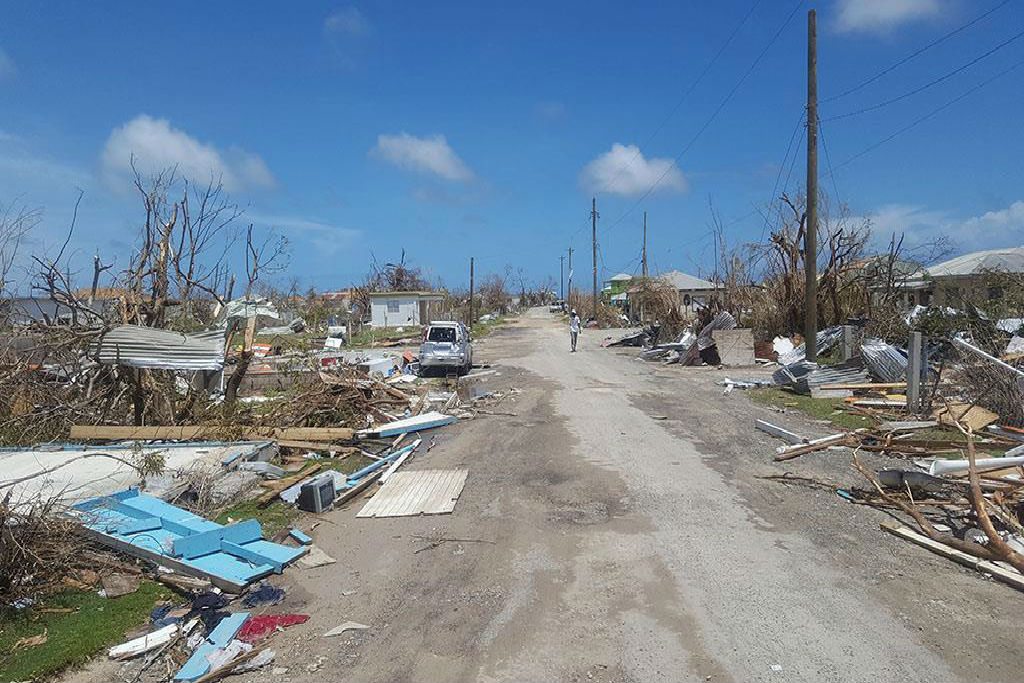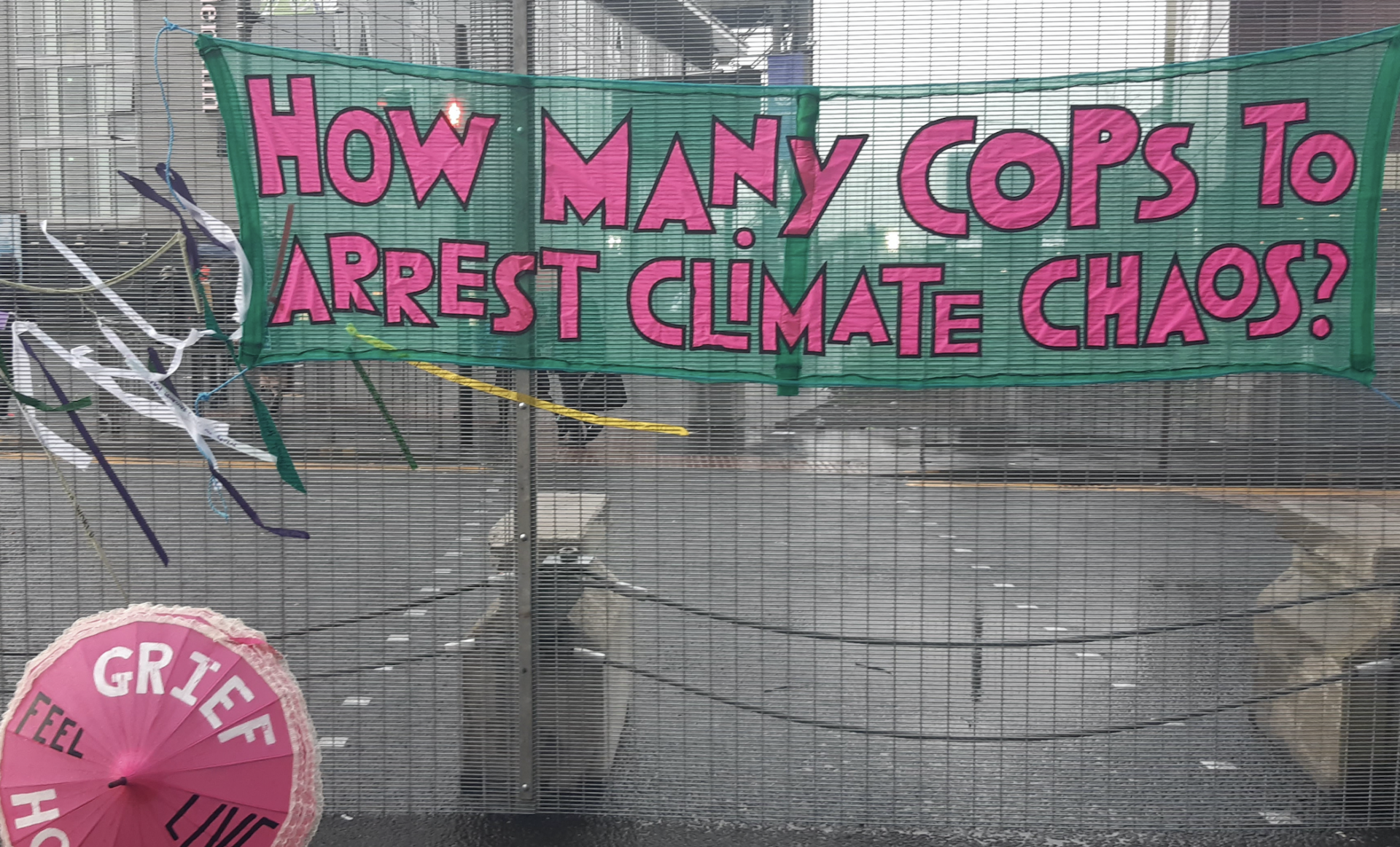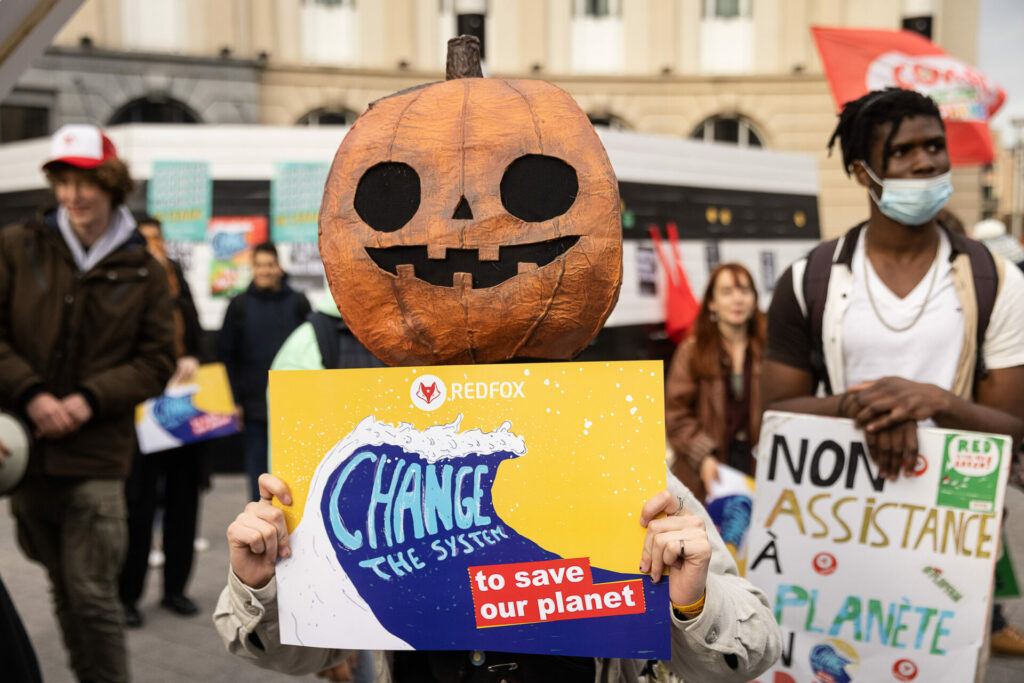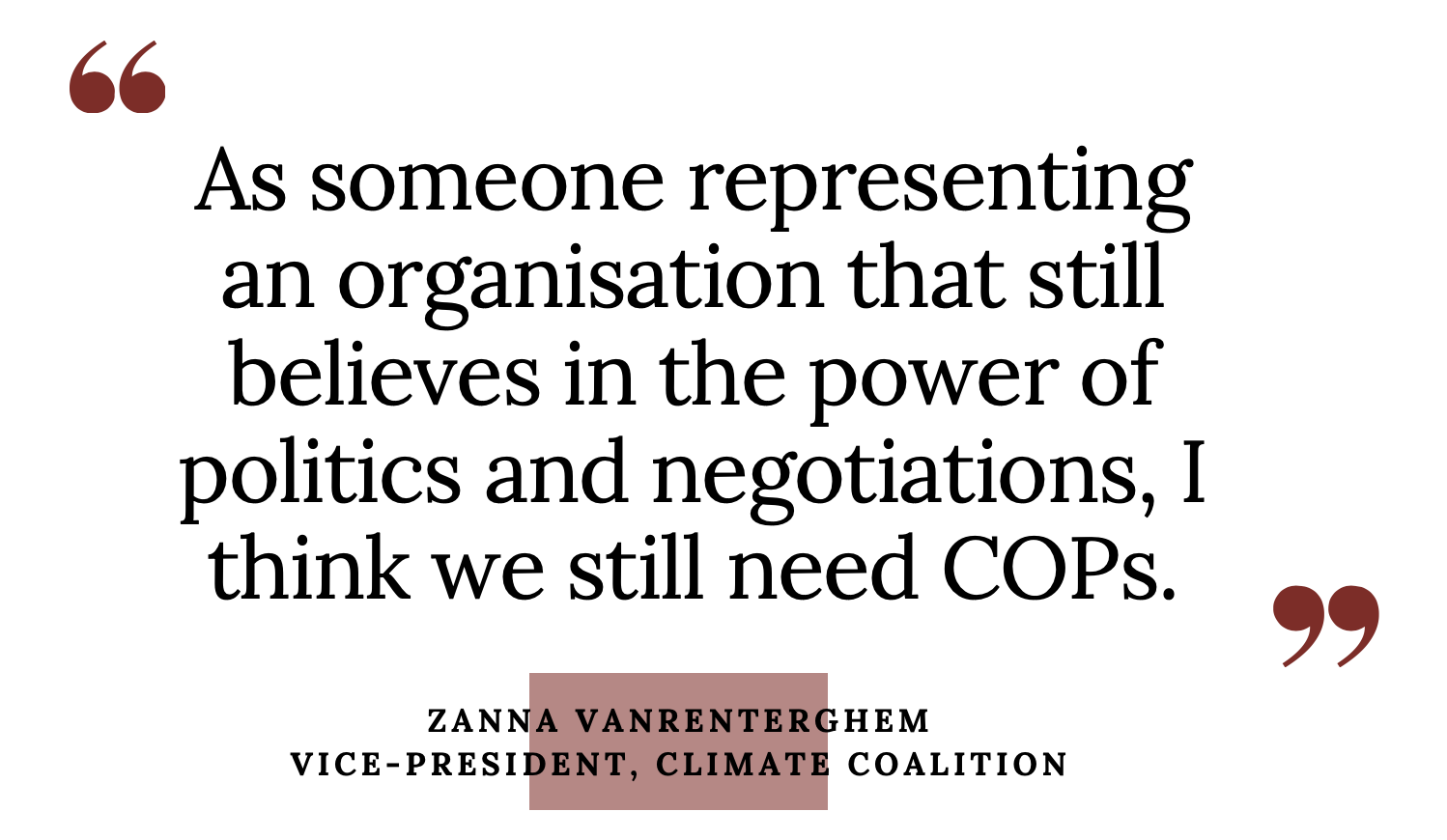From thousands of people marching in Brussels to a Belgian activist glueing himself to a work of art, the need to address climate change is clearly at the forefront of many people's attention. So why are those who are meant to be leading international climate discussions boycotting them?
This Sunday sees the start of the 27th UN climate conference (COP27) in Sharm el-Sheikh, Egypt. The event will bring together politicians, climate activists and NGOs from more than 190 countries for ten days of intense climate negotiations.
The meeting has been criticed as futile and full of greenwashing, and the location is also controversial. Perhaps as a result, some regional and national representatives are even boycotting the whole event. Yet others stress the importance of continued efforts.
'A lot of bla bla and very little boom boom'
Greta Thunberg, arguably one of the most influential voices on climate activism, announced that she would not be attending COP27, calling it a ploy to "make people believe that more is being done than is actually the case."
The young Swede behind the School for Climate Strikes said that in the current format, COPs don't really work "Unless they are used as an opportunity to mobilise." She argued that at this year's COP, the space for civil society – usually well represented in the COPs – is extremely limited.
Zanna Vanrenterghem, vice-president of the Climate Coalition, told The Brussels Times that she understands why people, especially climate activists, think the COPs have become a waste of time.
"There are many individuals like Greta who have taken part in those negotiations and say that for them, it's a 'lot of bla bla and little boom boom.' I understand and even admire these individual boycotts."
"But, as someone who also took part in those negotiations and as a person representing an organisation that still believes in the power of politics and negotiations, I think we still need this to happen."
African COP
Vanrenterghem believes that it is essential that key players discuss what needs to be done and ensure that everyone stays on top of the situation. "This is the climate reminder in the annual calendar, for everyone."
A key theme this year, especially for the Global South, is "Loss and Damage," which historically refers to the permanent loss or repairable damage caused by climate change and its effects (heatwaves, hurricanes, desertification, etc).

The effects of a hurricane in Antigua and Barbuda. Credit: United Nations
The fact this is a central theme for discussions is among the reasons why some key players are calling for global engagement. "I think it speaks volumes that we, citizens of rich countries who do not yet feel the impact of climate warming as hard as low-income countries, are privileged enough to say we won't attend COP27," Vanrenterghem said.
"Meanwhile, large delegations from low-income countries are attending, for whom COP is a place to negotiate life and death every year."
Location raises eyebrows
Aside from the lack of political action and the participation of lobbies, especially from fossil fuels, who are present at almost every session, the exact location of this year's COP has been the major driver for politicians and activists boycotting the event.
A recent report from Human Rights Watch (HRW) highlighted the fact the human rights situation in Egypt is getting worse, pointing to the aggression shown against environmental organisations.
Thunberg also cited this as a reason for not attending the event, openly expressing solidarity with "prisoners of conscience in Egypt." Belgian climate activist Anuna De Wever also announced that she would not be taking part in COP27, as it "will be held in a dictatorship that is systematically suppressing activists."

A protest of the Climate Coalition and Youth for Climate at COP26 in Glasgow. Credit: Belga/ Julien Baltus
"This conference is becoming a smokescreen with the purpose of hiding the real human rights crisis in Egypt, concealing the violations and killings of thousands of activists who have been standing up for their human and environmental rights over the past years," she wrote.
However, she too recognised that she thinks it is "extremely important to continue putting pressure on both the Egyptian government and on world leaders," adding that she will be supporting the activists who attend the conference.
Failed before the start?
The problem of climate change is only growing more severe. "If we add up all the latest commitments made by the international community, we will still arrive at a 2.6°C warming – far above the 1.5°C aimed for in the Paris Agreement," Vanrenterghem said.
To meet these goals, G20 countries would have to decarbonise 11 times faster than the two-decade global average. Yet rather than moving closer to these goals, the rate of decarbonisation for the world's largest economies slowed to the lowest level in over a decade.
Related News
- One-third of World Heritage glaciers cannot be saved
- 'Picture of warming world': Europe is fastest warming continent globally
When it comes to climate financing, the promises previously made for wealthy nations to collectively mobilise $100 billion (around €97.7 billion) per year for climate action in developing countries have not been fulfilled. "That is problematic because we should currently be planning how to raise the amount by 2025," Vanrenterghem stressed.
"More than ever, people are concerned about global warming. It is for those thousands of people taking to the streets that we have to keep organising the COPs. We have to keep going there so that we can constructively negotiate as much as possible constructively and keep up the pressure high on our countries."


